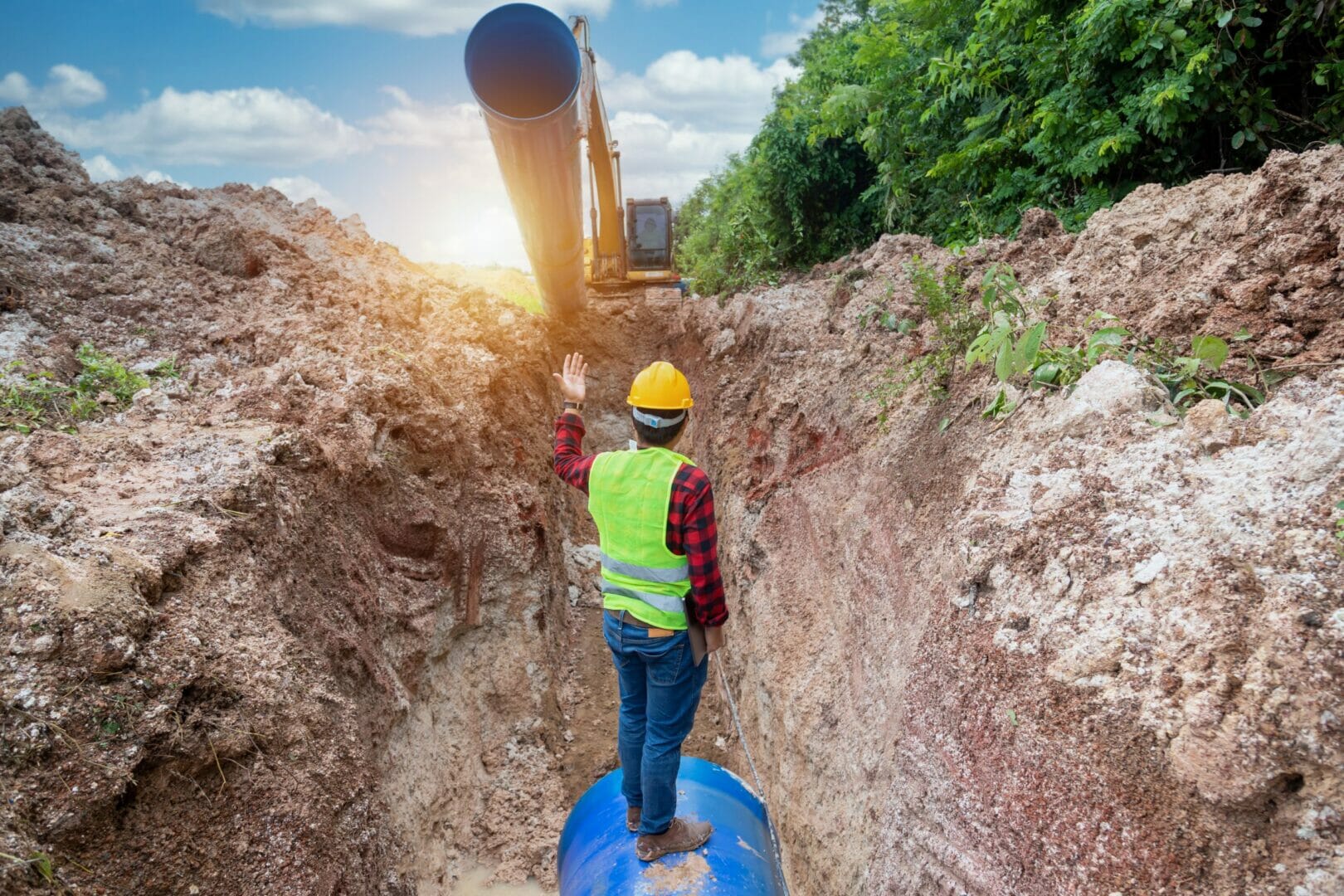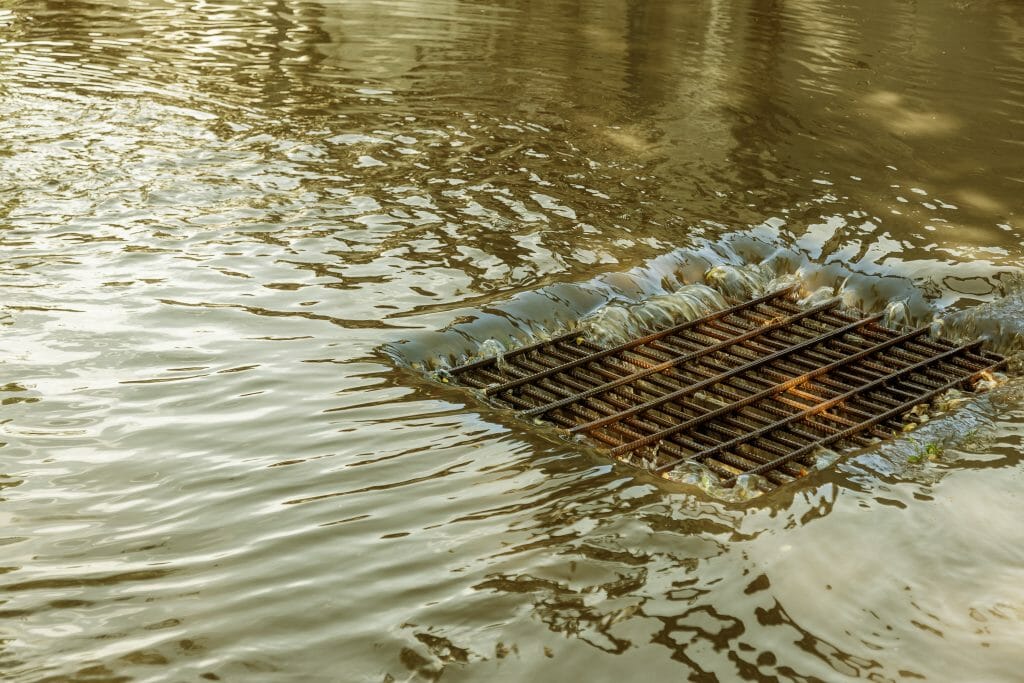
Flooding and water-logged areas can happen anywhere. Whether it’s your yard, a garden, a pavement, or the road, too much water is a problem. It can get in the way of daily life, and it can cause severe damages to structural foundations. What’s worse is it can even cause landslides.
Unfortunately, not everyone realizes how vital land drainage is until the flooding and water pooling cause issues. Observe areas where flooding happens even after a light rain, and you can see how drainage systems fail or are non-existent. Whether it’s for agriculture, or domestic or commercial use, land drainage can eliminate unwanted water logging.
However, understanding the value of land drainage shouldn’t be learned after a disaster. Merely having a quick read about it will help you grasp its necessity.
Why Land Drainage Is Essential For Homes
Domestic land drainage shouldn’t be of inferior importance for any homeowner. Inadequate land drainage can lead to all sorts of complications.
Here are some of the reasons why land drainage is of the essence for homeowners:
1. Avoids flooding in your lawn
Flooding and pools of water are unsightly. Lawns and backyards can reflect your housekeeping, and you wouldn’t want that! These can also make it difficult for you to walk around your property without getting mud and water all over the place. But, these aren’t just irritating for you; they can also damage plants, gardens, and gorgeous landscaping.
2. Contributes to a comfortable living environment
In some ways, land drainage is just as important as investing in other aspects that can make a house as livable and comfortable as possible. For example, heating system, air conditioning, functional plumbing, and insulation are worthwhile investments to make your home’s interior convenient and comfortable.
But, what about the exterior of your home? Your lawn and backyard can look their best on dry and sunny days. However, if there’s a plumbing issue or rainfall that can collect in your yard, you might be in trouble if you aren’t prepared with adequate land drainage.
3. Lowers risks of soil erosion
Too much water can soften and ruin the integrity of your property. Eventually, this can seep into the foundation of your home and cause severe structural damage. This is the reason why your yard might have some recessed spots.
4. Increases your property’s value
Projects you do to improve your home can increase its value. On the other hand, completely ignoring problematic situations will do the opposite. Any complications that involve water is a big red flag when it comes to property value. Sure enough, water damage is one of the sore points buyers quickly detect.
Stagnant water in your property is a big sign that land drainage is dysfunctional or non-existent, and it can lead them to conclude that there might be sewer issues, mould, and an endangered foundation. This is why a lot of property owners make sure to install lawn drainage before selling.
5. Helps prevent termites
Termites can also result from poor drainage because they’re attracted to moist environments. If your home’s exterior has been exposed to too much water, termites will enter your home and damage the whole structure.
6. Inhibits fungus growth
Just like termites, fungi thrive in moist areas. Fungi aren’t too severe of a problem in your lawn, but they can be irritating to remove.
7. Keeps mould from growing
Another issue that stems from excessive moisture is mould growth. Basements are especially susceptible to this. As mentioned, water pooling in the soil can reach your home’s structure and cause condensation to the interior. Moulds are tough to get rid of, and some mould species can cause serious health hazards.

Why Land drainage Is Vital For Agriculture
Agriculture can benefit from land drainage to the extent that it can significantly affect yields and profits. This is why it’s an investment many are willing to get.
1. Better yields
Soil aeration is critical to ensure that the soil is as healthy and full of nutrients as possible. Agricultural land drainage can help with this whole process, and the crops benefit greatly. Crops can root deeply into the soil, and weed growth can even be reduced.
Another reason for better yields is that more kinds of crops can be grown, and fertilizer effectiveness can be maximized. Plus, you’ll notice improved grass swards, and you can even avoid denitrification in the earth.
2. Reaches more land quicker
When it comes to agriculture, it’s impossible to water each plot at a reasonable time. Land drainage is convenient, and it’s essential to keep supplying water to a large area without wasting any time.
3. Improves workability and tilth of the earth
With land drainage, it’s possible to keep a large land area in the perfect condition for planting and growing. There’ll be no worries about drylands and risk any losses as a business.
4. Avoids salinity in soil
Soil salinity is a crop killer. To avoid this, it’s necessary to leach the soil. Leaching can only be done with water; hence irrigation through land drainage is vital to keep crop yields from declining.
5. Grow crops at an earlier time
Farmers used to rely on changing seasons and the suitable climate for the perfect time to grow certain crops. However, with continuous irrigation, the soil temperature increases and makes it possible to farm crops earlier.
6. Better bearing capacity in land
Adding water through irrigation can improve the bearing capacity of the soil. This is because it has better structural integrity to support more load, such as crops.
7. Improved soil permeability through micro-fauna
Micro-fauna or tiny organisms live in the earth, such as earthworms. With better land drainage, earthworms can burrow into the soil better and improve permeability or absorption for plants.
Conclusion
Overall, land drainage is an essential investment for homes, as well as agricultural lands. Redirecting water is necessary to keep structures avoid all sorts of issues that stem from water damage. On the other hand, agriculture uses land drainage systems to make the earth perfectly conditioned for farming and subsequently improve crop yields. While land drainage can be considered a big project, it’s an investment that has more benefits in the end.
